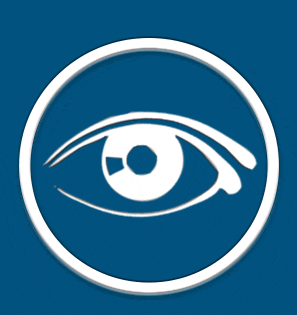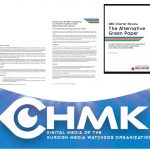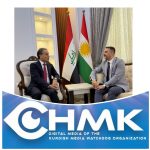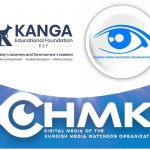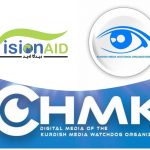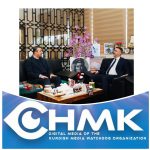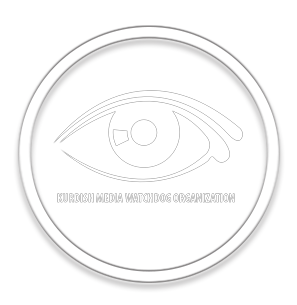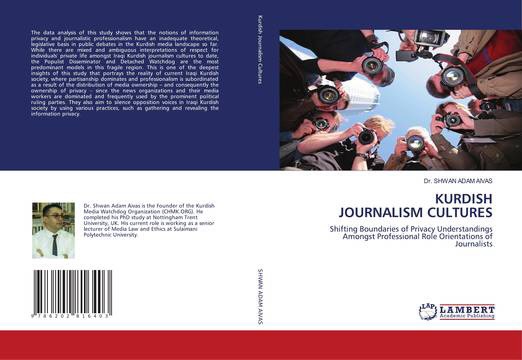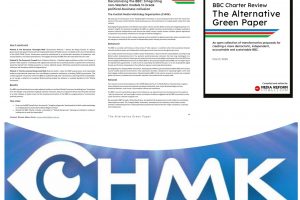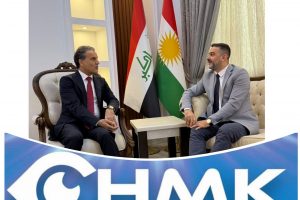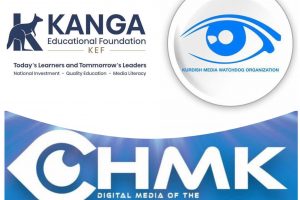CHMK.ORG: Kurdistan Region of Iraq. A Western Academic Publisher has published their latest book on ‘Kurdish Journalism Cultures; shifting boundaries of privacy understandings amongst professional role orientations of journalists’ on 28 September 2020.
Dr SHWAN ADAM AIVAS as a Kurdish media scholar and the Founder and Chairperson of Kurdish Media Watchdog Organization (CHMK.ORG) has written that book as a PhD thesis that submitted to British Nottingham Trent University in 2017.
In his thesis abstract, Dr Aivas said that: ‘The data analysis of this study shows that the notions of information privacy and journalistic professionalism have an inadequate theoretical, legislative basis in public debates in the Kurdish media landscape so far. While there are mixed and ambiguous interpretations of respect for individuals’ private life amongst Iraqi Kurdish journalism cultures to date, the Populist Disseminator and Detached Watchdog are the most predominant models in this fragile region. This is one of the deepest insights of this study that portrays the reality of current Iraqi Kurdish society, where partisanship dominates and professionalism is subordinated as a result of the distribution of media ownership – and consequently, the ownership of privacy – since the news organizations and their media workers are dominated and frequently used by the prominent political ruling parties. They also aim to silence opposition voices in Iraqi Kurdish society by using various practices, such as gathering and revealing the information privacy. The right to free speech, media freedom, journalistic professionalism, and the right to be free from unwarranted social and political surveillance is still too limited due to several barriers, including political and media transitions from dictatorship to democracy and the lack of a media industry in terms of ownership, regulation, and education. Without gaining the support of particular political parties and their affiliation, the hegemony of the journalist’s professional role does not apply, and has been open to abuse by different methods from time to time, particularly during the political crisis and the general election campaigns; there is no free environment for good journalism practices and no guarantees for professional journalists. The current power dynamic of media ownership and the rapidly growing technologies of convergent journalism practices that produce and reproduce the contemporary vision of the Kurds and Kurdistan in Kurdish journalism cultures are studied extensively. The aim is to offer a deep insight into the issues related to journalistic professionalism and information privacy in an increasingly fragile and fragmented post-conflict society. In the meantime, this doctoral dissertation makes a valuable contribution to existing knowledge by transferring and updating the global debates beyond convergence culture and cultural hegemony. In addition to the traditional critiques of professionalism in journalism, it also contributes to current civil liberties debates over the right to an individual’s privacy weighed against the public’s right to know. Therefore, to facilitate further studies on the daily evolutions of cultural convergence and convergent journalism practices, several recommendations have been suggested in the final conclusions of this research project.”
Lambert Academic Publishing is an imprint of OmniScriptum. In order to get their latest publication, please see below link which may be of interest to you:
https://www.morebooks.shop/bookprice_offer_f59bea52942560e14b04b902a587d1d93a5250d6?locale=gb¤cy=EUR&fbclid=IwAR2siotRz1TkQSfuLXdMIHG51ADLphEs1Canbxy58dcior5JUOpwzdj_Hsg
